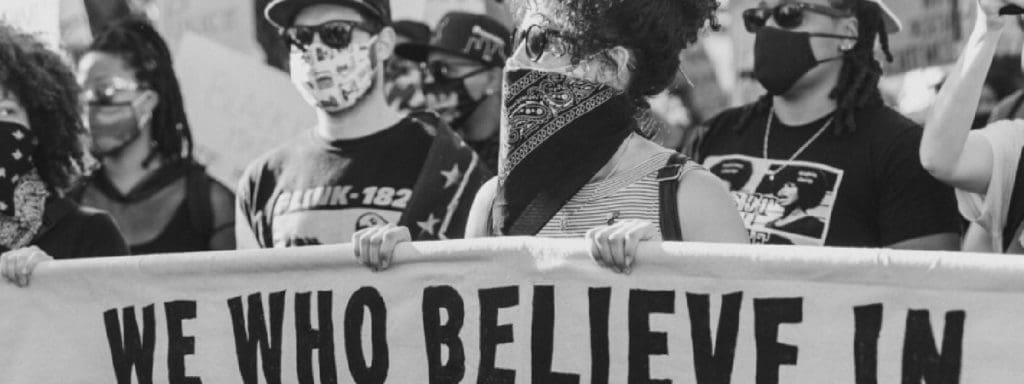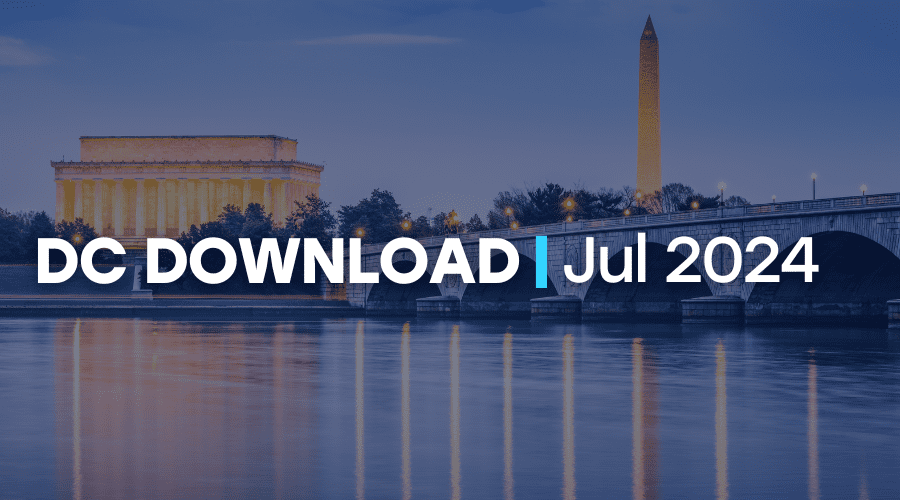The news over the last few days has been paralyzing. Truly, I am stunned at just how much has happened in our country since I wrote to you just one week ago. It is tough not to stare at your phone with every alert or stay tuned in to cable news, but we also know we all have critical work that needs to be done right now, despite the chaos around us.
One thing that we have received many questions about in the last two weeks is the President’s “Executive Order (EO) on Combating Race and Sex Stereotyping” – an order that, among other things, bans the use of terms like “critical race theory,” “white privilege,” “intersectionality,” “systemic racism,” and “unconscious bias” in any training or materials used by institutions receiving federal funding of any kind. The EO states that the Administration wants to “combat offensive and anti-American race and sex stereotyping and scapegoating.”
At its core, this EO is a challenge to the public reckoning, especially in 2020, of the systemic injustices that have plagued our country since its founding. It is meant to deny the truth, sow paranoia and distrust (the Administration has even set up a hotline to report offenders), and deny Black, Native, and other people of color the ability to live, work, and learn in safe and equitable spaces.
We have talked to many colleagues who understand the legal and historical precedent around such things, and one thing is true: This EO is intended to create fear and uncertainty in institutions at a time when leaders cannot afford to pause on equity trainings, or risk losing much needed federal funding.
We also understand that the placement of these restrictions on what language can and cannot be used in the course of these trainings is surely unconstitutional. We know of several litigation strategies already in development and will keep you apprised as they move forward. It is also extremely important to remember that we are in a campaign season when explosive rhetoric and thinly veiled “dog whistles” are routinely being used to galvanize a segment of the electorate. This is one of those moments, and we want to be sure not to bring unwarranted attention toward that “dog whistle.”
One thing you can all do to help us understand how this will impact your organization is to let us know if you hear of any emerging litigation, or if you start to see new language consistent with the intent of this EO appearing in federal contracts or grants to your organization. As sector leaders, we want to be in close contact about what is happening in your organizations and networks, so please don’t hesitate to reach out to me directly at danc@independen1stg.wpengine.com. Independent Sector is also talking with several legal firms to determine how, in partnership with them, we might make legal insights broadly available to our network. More on that to come.
For a more succinct breakdown of what is in the EO, we thought this resource by the National Law Review was helpful.
I know sharing this information with you is likely not going to diminish the anxiety that some of us are feeling. And while you might feel stuck right now in a constant loop of bad news, we hope that our programming at Upswell 2020 next week helps you pause, take stock of what we do have in the sector, and ground yourself in your missions and values to push yourself forward. In addition to 50+ sessions, moments for reflective practice and healing, and small group discussions, we have an inspirational set of main stage speakers lined up, including Ibram X. Kendi (How to Be an Antiracist), Isabel Wilkerson (Caste: The Origins of Our Discontents), Rev. Dr. William Barber II (Repairers of the Breach), Fatima Goss Graves (National Women’s Law Center), Rev. Samuel Rodriguez (National Hispanic Christian Leadership Council), and Stacy Palmer (Chronicle of Philanthropy).
We are excited to share this experience with you and we hope you’ll join us.



